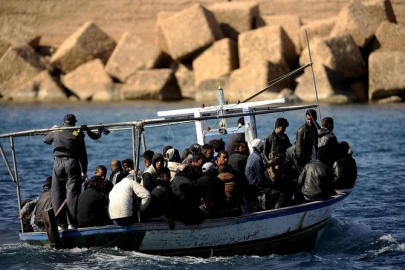Indonesian police in Bali have arrested a 42-year-old Peruvian woman for allegedly smuggling cocaine and ecstasy pills into the country by hiding the drugs in her underwear and inside a sex toy.
The woman, identified only by her initials N.S., arrived at Ngurah Rai International Airport in Bali from Qatar on August 12. Her behavior reportedly raised suspicion among customs officers, who referred the case to the Bali Police Narcotics Unit for further investigation.
“Customs officers were suspicious of her behavior. After consultation with us, we conducted a detailed inspection,” said Bali police narcotics chief Radiant during a press conference.
Upon inspection, police discovered:
1.4 kilograms of cocaine (approximately 3.1 pounds) hidden in a sex toy placed in her genitals
Additional cocaine and dozens of ecstasy pills concealed in her underwear.
According to police, the woman confessed that she was recruited via the dark web by a man in April. She was allegedly promised a payment of $20,000 to deliver the drugs to Bali.
Indonesia is known for having some of the world’s strictest drug laws, including the death penalty for major drug offenses. If convicted, N.S. could face capital punishment.
Her case is the latest in a series of high-profile drug smuggling incidents involving foreign nationals:
Just last month, an Argentine woman was sentenced to seven years in prison after being caught with 244 grams of cocaine, also hidden in her genitals.
Several foreigners, including a British grandmother, remain on death row in Indonesia for drug trafficking.
The country last carried out executions in 2016, when four drug convicts, including three Nigerians, were executed by firing squad.
Indonesia remains a zero-tolerance zone for drugs, with regular airport checks, use of drug-sniffing dogs, and heavy surveillance at entry points. Travelers found guilty of trafficking can face life imprisonment or death, regardless of nationality.
Authorities continue to urge travelers to avoid involvement in drug smuggling, especially as traffickers increasingly use vulnerable individuals as couriers, often offering large sums of money for risky missions.



